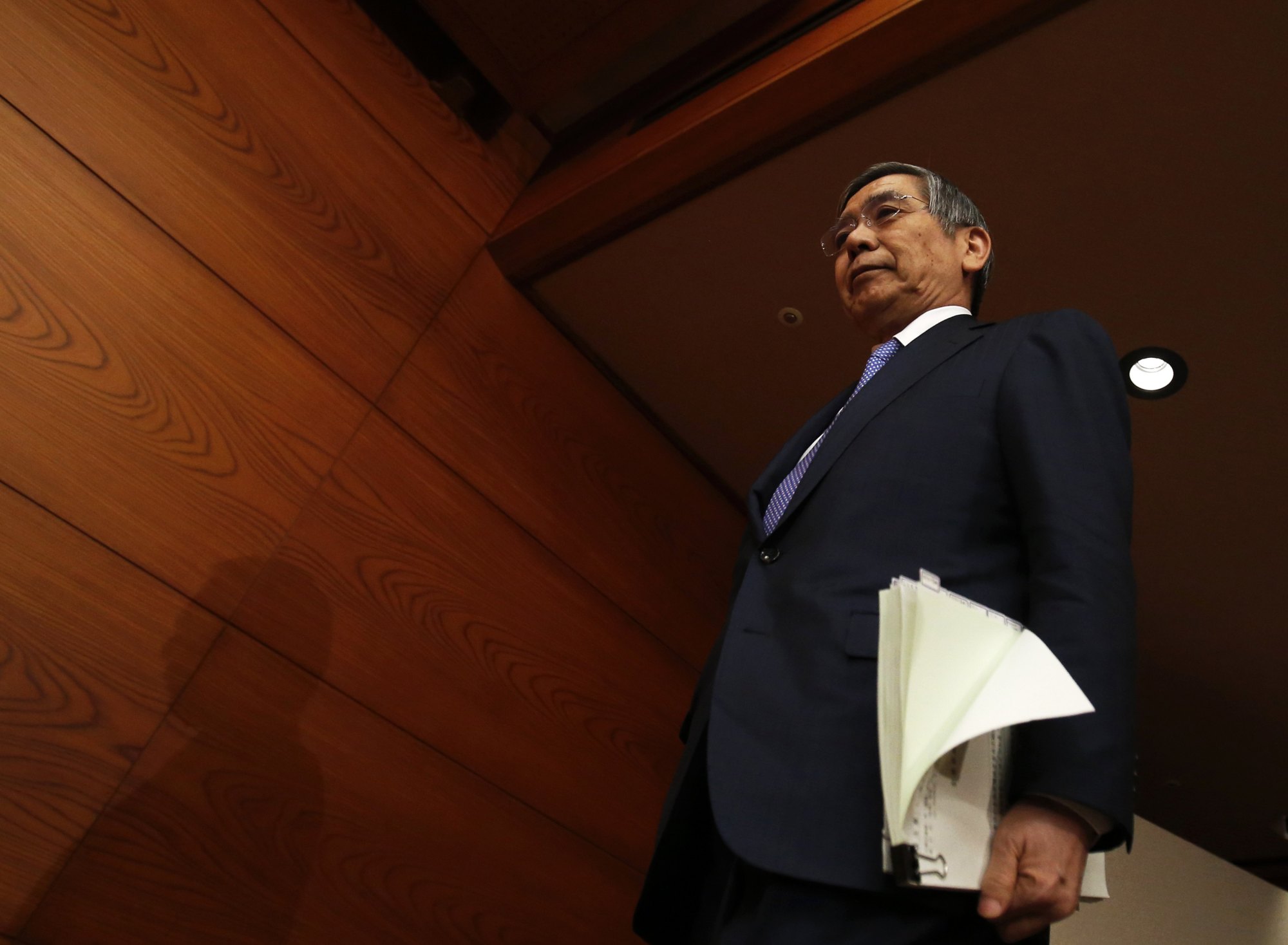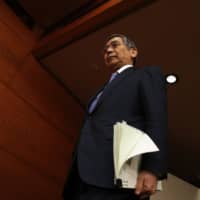Bank of Japan policymakers discussed the possibility of making monetary policy more flexible in the future at their September meeting, a summary of their opinions showed Friday.
The discussions, which followed the central bank's decision in July to allow long-term bond yields to move within a wider range around its zero percent target, suggest some members preferred more tweaks even as Gov. Haruhiko Kuroda has pledged to maintain ultraeasy policy until inflation reaches the bank's 2 percent target.
"There is room for the bank to consider making its monetary policy more flexible in the future with a view to maintaining market functioning, on the condition that the balance between supply and demand is maintained in the economy," one board member said.
Others raised the need to consider both the merits and demerits of continuing stimulus measures, with one member saying, "It is necessary to persistently maintain highly accommodative financial conditions while carefully examining the positive effects and side effects of the current powerful monetary easing."
The BOJ's ultralow interest rates and massive asset purchases have been criticized for eroding commercial banks' profits as well as distorting the market, an issue the July policy tweaks were designed to address.
Regarding inflation, which has remained low despite more than five years of monetary easing, a board member said that while price gains are expected to moderately pick up, it will "take some time" to rise to 2 percent.
"Uncertainties regarding the outlook for prices have been heightening compared to before," another member warned.
The summary of opinions is compiled by Kuroda based on submissions from board members and does not name speakers.




